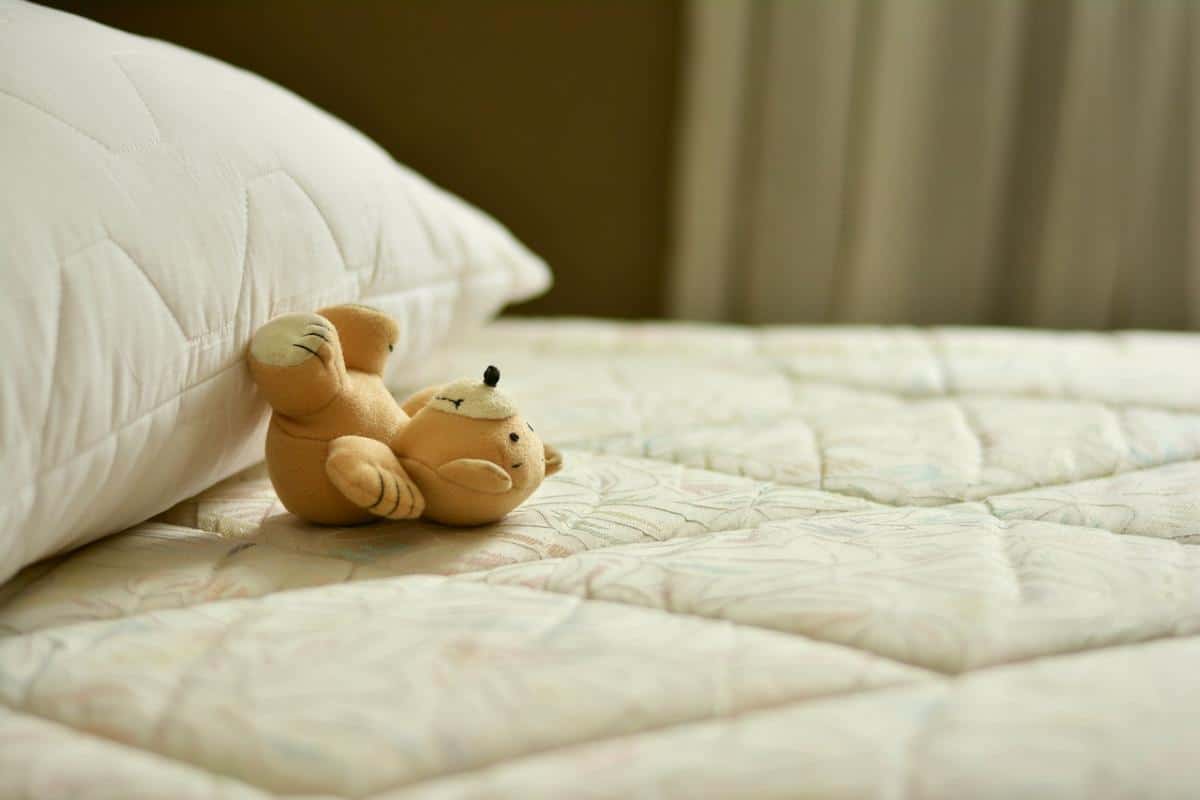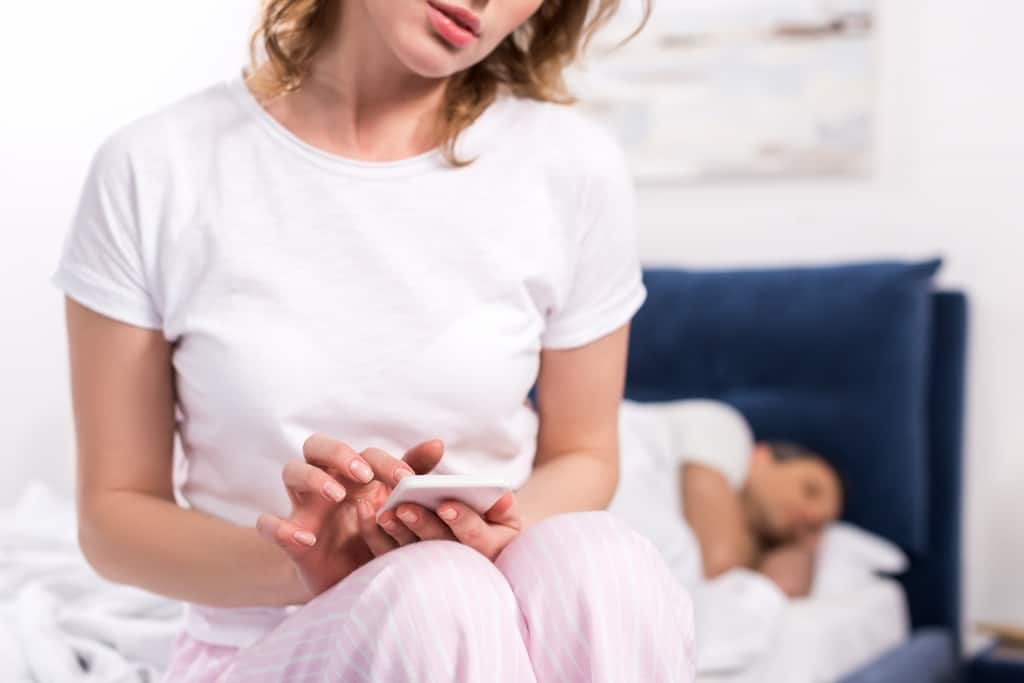Do you find it hard to get good, uninterrupted sleep? If you answered yes, you’re not alone. You and 50-70 million Americans are also suffering from insomnia. The sad thing, though, is that people actually don’t put much thought into the importance of good sleep.
Most people would probably say they don’t have insomnia if they are able to fall asleep. However, the truth is that if their sleep is continuously interrupted, or if they have restless sleep, this is also considered as a form of insomnia.
So if you do sleep but you’re not sleeping solidly for at least seven hours a night regularly, then you too are experiencing some form of insomnia.
Circadian Rhythm and Regulating Your Sleep Pattern
The main culprit of irregular sleep patterns is our bodies’ circadian rhythm, or more popularly known as our body clock. Circadian rhythm regulates our feeling of sleepiness and wakefulness.
 You’ve probably noticed there are certain times of the day that you are energized and other times when you are very sleepy. Well, you have your circadian rhythm to thank.
You’ve probably noticed there are certain times of the day that you are energized and other times when you are very sleepy. Well, you have your circadian rhythm to thank.
According to Healthline.com, if one doesn’t have a daily routine or set schedule, they will have more chances of developing irregular sleep-wake syndrome.
This is further confirmed by the National Sleep Foundation, stating that your circadian rhythm works best when you have regular sleep habits.
How will you achieve this?
Ideally, you should have at least eight hours of sleep at the same time every day.
Sadly, this is not the case for most people.
Think about this: When your sleeping and waking time changes, your circadian rhythm will also get disrupted which often results in making your days a little chaotic. You would feel out of sorts, unfocused, or just plain sleepy, and oftentimes, you end up being unproductive.
These interruptions with our circadian rhythm are often a result of us, not prioritizing our sleep. We have heard the old saying, “I’ll sleep when I die.” But guess what? You’re going to die way sooner if you don’t prioritize sleep.
The Importance of Good Sleep: Do You Have Good Sleep Hygiene?
We are often told that we need eight hours of uninterrupted sleep to be able to function normally. In fact, there are several amazing benefits of rest and sleep that we may have overlooked.
Sleep is when our bodies completely regenerate themselves. It’s important that we establish good sleep hygiene.
 Sleep hygiene includes going to bed at the same time every night, seven days a week, and waking up close to the same time every morning, seven days a week. This means that we are really prioritizing sleep, and not making sleep just an afterthought.
Sleep hygiene includes going to bed at the same time every night, seven days a week, and waking up close to the same time every morning, seven days a week. This means that we are really prioritizing sleep, and not making sleep just an afterthought.
Now, suppose you’re getting in bed on time, regularly, but are still not sleeping undisturbed.
There are several contributors to this that might be easy to fix:
Number one is to eliminate electronics in the bedroom. This includes not only your television, but also your blue screens such as your tablets, laptops, and cell phones. I know it is very handy to read on our tablets now, however, this can also contribute to light sleep and difficulty getting to sleep. Aside from these, it messes with our circadian rhythms and our melatonin production. So, if you are really determined to get that sound sleep, you have to start moving those things out of your bedroom.
Another thing that can help you in getting uninterrupted sleep is keeping your bedroom cool. The reason for this is that in order to initiate sleep, your body’s temperature needs to drop. Research says that cold temperature will give you a better night’s sleep and can actually heal insomnia.
Dr. Christopher Winter, medical director at Charlottesville Neurology & Sleep Medicine told SimpleMost that if you want to experience optimal sleep, you should sleep in a room between 60 and 67 degrees. He furthered that sleeping in a room that has a temperature above 75 degrees and below 54 degrees actually disrupts the body’s ability to sleep.
Another benefit of sleeping in a room with a cold temperature is that you will help your body release melatonin. This hormone, which is made by the pineal gland, is very useful because it tells your body when it is time to sleep.
The third thing that can help you improve your sleep is to get exposed to sunlight. This is especially helpful if our circadian rhythm or body clock has been interrupted due to a vacation or something that messed up our sleep schedule. Sunlight helps us reset our circadian rhythm so if we get ample exposure, it will help us get back on our normal schedule.
What to Do if Sleeping Continues to Be Difficult?
Sometimes, even if we have prioritized our sleep, we still have issues with falling asleep or staying asleep. This happens even if we’re getting to bed on time, we’ve got all our electronics eliminated, and we’ve got a comfortable sleeping environment.
 There may be some underlying health reason that our circadian rhythms are disturbed, resulting in insomnia. There’s a lot of things that happen with our endocrine and hormone system that contribute to making that sleep happen without a whole lot of work.
There may be some underlying health reason that our circadian rhythms are disturbed, resulting in insomnia. There’s a lot of things that happen with our endocrine and hormone system that contribute to making that sleep happen without a whole lot of work.
Our heads should hit the pillow and we should be sound asleep within 10 minutes. We should wake up seven to eight hours later feeling refreshed and ready to get up and go for our new day. If that’s not happening for you, that’s stealing some joy from your life. There’s are just no two ways about it.
If you continuously experience trouble with sleep despite having good sleep hygiene, you need to get to the bottom of what’s causing your sleep disturbance. One of the best ways I know to do that is to have a biomeridian stress assessment. This will assist in telling you exactly what it is that is disturbed, what energetic system in your body is in a state of disresonance that is not allowing things to work correctly.
A meridian stress assessment is a super easy process. It only takes about 20 minutes, and then you’ll get a report within a few days. You will discover things about your health that will shed light on whatever it is you are experiencing at the moment. Sleep disturbance is typically a symptom of some underlying root cause. By having a meridian stress assessment, you’ll find that a lot of other health issues will resolve for you when you get the sleep thing under control.
